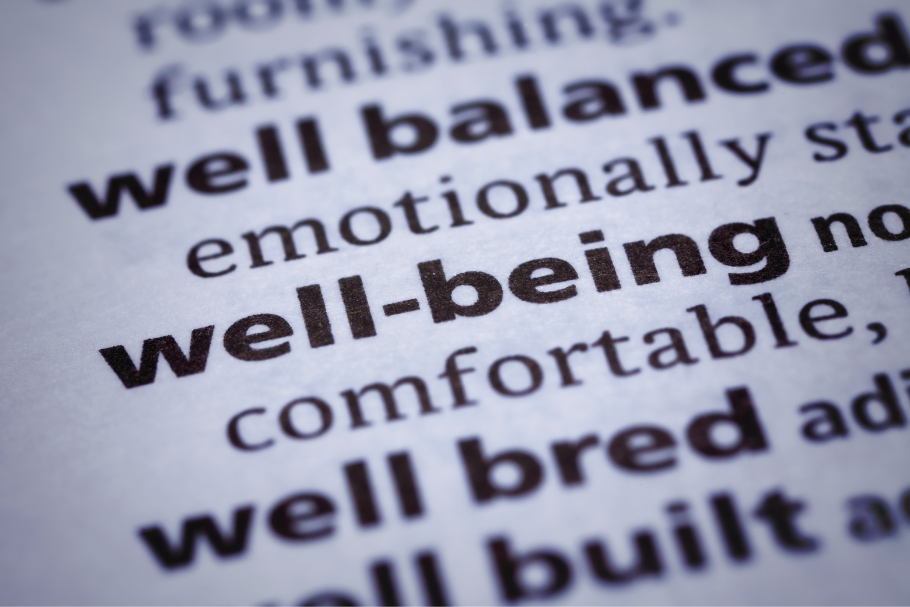The Role of Mental Health in Men’s Overall Well-being

The Role of Mental Health in Men's Overall Well-being
Introduction
Mental health is an integral aspect of overall well-being, and its significance for men cannot be understated. However, societal norms and expectations often discourage men from openly discussing and addressing their mental health concerns.
In this blog post, we will explore the critical role of mental health in men’s overall well-being, shed light on common mental health challenges faced by men, and provide valuable insights and strategies for nurturing mental well-being. By understanding and prioritizing mental health, men can lead healthier, happier, and more fulfilling lives.
The Importance of Mental Health for Men
Mental health significantly impacts various aspects of men’s lives, including their relationships, work performance, physical health, and overall quality of life.
Ignoring or neglecting mental health can lead to adverse consequences. Prioritizing mental well-being helps men build resilience, cope with stress, maintain healthy relationships, and make informed decisions about their lives.
Common Mental Health Challenges Faced by Men
Men face unique mental health challenges influenced by societal expectations, cultural norms, and personal experiences. Some common mental health concerns experienced by men include depression, anxiety, substance abuse, and suicidal thoughts.
These challenges often go undetected or unaddressed due to the reluctance to seek help and the stigma surrounding mental health. Recognizing these challenges and taking proactive steps to address them is of utmost importance.
Strategies for Nurturing Mental Well-being
Self-awareness and emotional intelligence:
Developing self-awareness and emotional intelligence helps men understand and manage their emotions effectively. This involves recognizing and expressing feelings, seeking healthy coping mechanisms, and building resilience.
Seeking support:
It is important for men to know that seeking support is a sign of strength, not weakness. Building a support network of friends, family, or professionals can provide a safe space to discuss concerns and access guidance when needed.
Healthy lifestyle habits:
Engaging in regular exercise, maintaining a balanced diet, getting sufficient sleep, and avoiding excessive alcohol or substance use contribute to better mental health.
Stress management:
Developing effective stress management techniques, such as practicing mindfulness, engaging in relaxation exercises, or pursuing hobbies, helps reduce stress levels and promotes mental well-being.
Open communication:
Encouraging open and honest communication about mental health with trusted individuals fosters understanding, support, and connection. Men should feel comfortable expressing their feelings and seeking help when necessary.
Work-life balance:
Striving for a healthy work-life balance reduces stress and supports mental well-being. Setting boundaries, prioritizing self-care, and engaging in activities outside of work are essential for maintaining equilibrium.
Professional help:
When mental health challenges persist or become overwhelming, seeking professional help from therapists, counselors, or mental health specialists can provide valuable guidance and support.
Conclusion
Prioritizing mental health is crucial for men’s overall well-being. By understanding the importance of mental well-being, acknowledging common challenges, and implementing strategies for nurturing mental health, men can lead happier, more fulfilling lives.
Remember, seeking support, practicing self-care, maintaining healthy relationships, and addressing mental health concerns are essential steps towards fostering positive mental well-being. Let us break the stigma, support one another, and create a society where men’s mental health is valued and prioritized.
For More Related Articles Browse Our Website Blogster.pk
For social Connection You can also Visit and follow our Social media Platforms
Facebook , Instagram, Linkedin, Pinterest, Quora, Twitter, Youtube.








